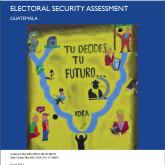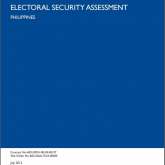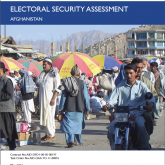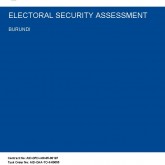Patricio W.. Capricho (Washington, corriente continua)
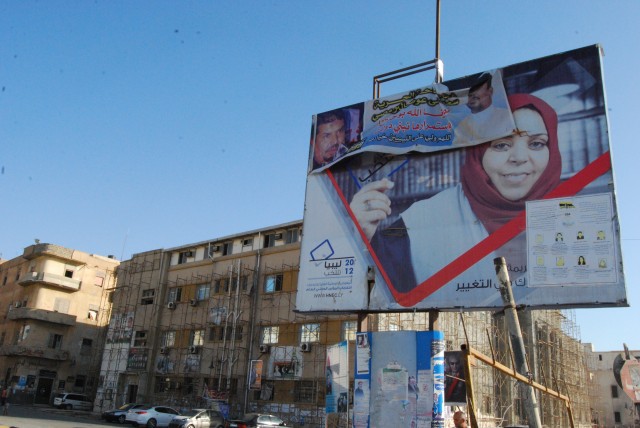
Creative’s Conflict Management and Electoral Security Team Gleans Insights from Across the Globe Relevant to Upcoming Polls
Over the last year in what has been termed the “Arab Spring,” el colapso de regímenes de larga data en países como Túnez, Egypt and Libya has created space for political contestation that citizens in these countries had never before experienced.
Habiendo demostrado su fuerza a través de acciones en la calle, citizens shifted to establishing institutions of government that reflect the popular will and cultural contours of their polities. Through concerted action and collaboration within and across state- and non-state sectors, Se ha logrado mucho.
The people of Egypt and Libya determined that elections were to be their chosen instrument for determining governance and, for the first time in decades, participated in largely open and fair elections. Individuals and political parties alike campaigned for votes.
The citizens of the Arab Spring look to electoral processes as crucial to legitimizing government, promover la rendición de cuentas y la buena gobernanza, además de contribuir a la estabilidad nacional. Si bien las elecciones pueden satisfacer estas necesidades si se administran de manera imparcial y en un ambiente pacífico, También pueden desestabilizar naciones y deslegitimar gobiernos si se ven atrapados en conflictos y violencia..
¿Qué es más?, El potencial de violencia puede mantener a los ciudadanos alejados de las urnas y disuadir a los candidatos de hacer campaña abiertamente.. Los acontecimientos recientes en Libia y otros países demuestran que, a pesar de los avances y logros notables en todo el mundo árabe, Estos procesos y las transiciones en curso siguen siendo frágiles.. This has particular implications for other countries in the MENA region slated to hold elections in the coming months—should upcoming polls experience conflict and violence, transitions risk being de-railed and the legitimacy of governments questioned.
Reconocer la amenaza que representa la violencia para la integridad de las elecciones, Durante el año pasado, Creative ha estado trabajando con el estado.- y partes interesadas no estatales en todo el mundo para desarrollar estrategias para prevenir, administrar, y mediar en conflictos y violencia relacionados con las elecciones. Through a program funded by USAID, Creative’s Jeff Fischer and Patrick Quirk performed electoral security assessments in Afghanistan, Burundi, Guatemala, and the Philippines to help state- and non-state actors in these locations manage potential conflict surrounding upcoming polls PFDs of the assessment reports can be found here: Creativo – Electoral Security Assessment PHILIPPINES Creativo – Electoral Security Assessment GUATEMALA Creativo – Electoral Security Assessment AFGHANISTAN y Creativo – Electoral Security Assessment BURUNDI.
Aprovechando los hallazgos de estas evaluaciones y extensas entrevistas con expertos de todo el mundo, Creative is writing a Best Practices Guide in Conflict Management and Electoral Security. Insights from this Guide [to be published by USAID in November] will prove useful to state- and non-state actors in Arab spring countries as they plan for upcoming elections. Though organizing elections is vital to forward progress in these nations, actors must also ensure that these processes are secure so that citizens have the opportunity to make their opinion heard.
Patricio W.. Capricho, Asociado de Gerencia, Conflict Management and Electoral Security, Asociados creativos internacionales
